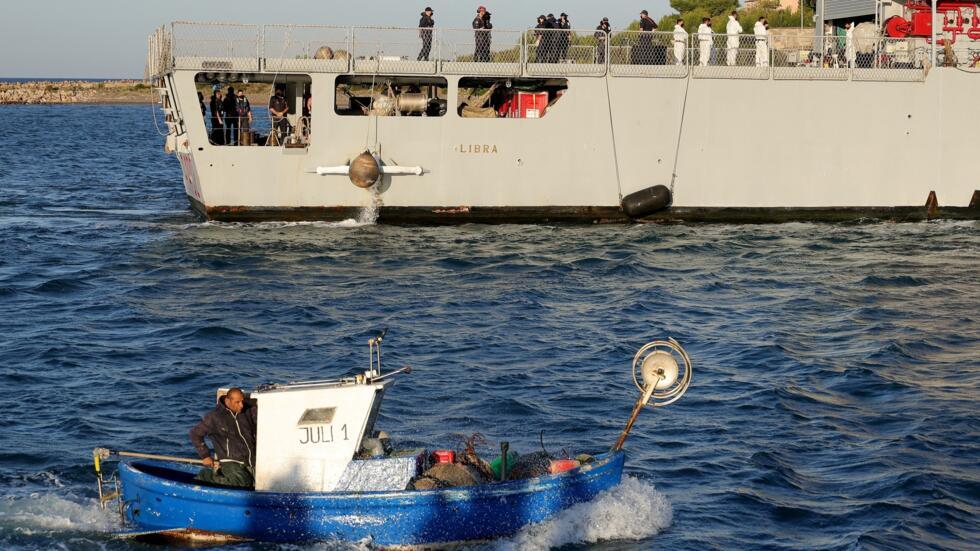At a recent summit focused on migration policy, the European Union has begun to explore the concept of “return hubs,” which would serve as offshore centers for individuals deported from member states. The discussion around these hubs follows a rise in far-right political influence across Europe, prompting mainstream leaders to reconsider their approach to migration.
European Commission President Ursula von der Leyen confirmed that leaders are looking into the possibility of establishing these return hubs outside the EU for individuals who do not have the right to remain in Europe. However, significant questions remain, such as the duration of detention and what to do when returns are not feasible.
The idea of offshore processing has been floated before, notably in 2018 when North African governments rejected EU proposals to create migrant processing centers in their territories. In contrast, von der Leyen cited a successful agreement between Italian Prime Minister Giorgia Meloni and Albania, which involves hosting asylum centers for those intercepted while attempting to reach Italy.
Meloni noted a growing interest among other countries in adopting a similar model, which emphasizes practical solutions to manage migration.

EU Explores Return Hubs Amid Rising Far-Right Influence and Migration Challenges
Amid ongoing conflicts in the Middle East, Meloni also urged fellow EU leaders to reassess their policies on Syria, advocating for the voluntary and safe return of refugees. This proposal highlights a significant shift in Europe’s approach to migration since the 2015 crisis when leaders like Angela Merkel expressed confidence in managing the influx of refugees from countries like Syria and Afghanistan.
A pre-summit meeting of eleven national leaders focused on seeking “innovative solutions” to migration, with attendees including von der Leyen and leaders from several eastern and central European nations.
Danish Prime Minister Mette Frederiksen remarked on the growing collaboration among EU countries to address migration concerns. She noted a shift in public sentiment, with many Europeans expressing frustration over assisting individuals from outside the EU who may pose security risks.
This sentiment is echoed by Dutch Prime Minister Dick Schoof, who acknowledged a changing mood in Europe regarding immigration and suggested considering the possibility of sending rejected asylum seekers to Uganda, although legal and logistical details of such a plan remain unclear.
The European Commission has pledged to introduce legal measures to facilitate the deportation of rejected asylum seekers, which currently occurs at a low rate of only 20%.
Greek Prime Minister Kyriákos Mitsotákis emphasized the need for creative solutions to enhance return policies, while also calling for a balance between increasing legal migration and controlling irregular arrivals. His comments underscore the complexity of the migration issue, especially considering the necessity for labor in sectors like agriculture.
Despite interest in the Italian-Albanian model, skepticism remains among EU leaders. Spanish Prime Minister Pedro Sánchez criticized the model for potentially exacerbating problems rather than resolving them.
Other leaders, like Belgium’s Prime Minister Alexander De Croo and Ireland’s Taoiseach Simon Harris, raised concerns about the effectiveness and cost of such offshore hubs, recalling the controversial UK-Rwanda deal that failed to yield successful outcomes.
Meanwhile, Poland’s Prime Minister Donald Tusk highlighted the ongoing hybrid threats from neighboring countries, pushing for exceptional measures to handle increased migrant arrivals at the EU’s eastern borders.
